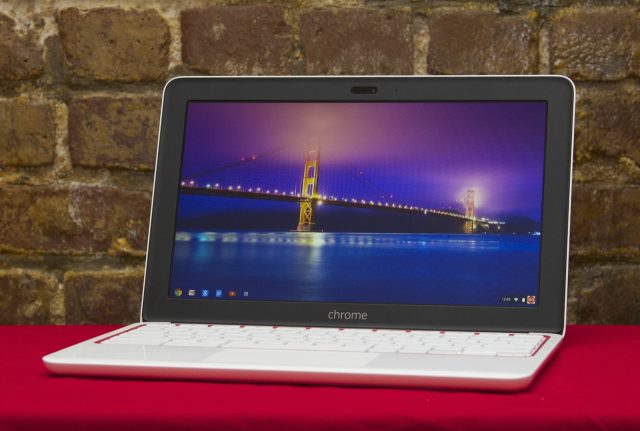Are you a Mac person or a PC person?
This was the first technology-related question posed to me soon after starting work on my Master's Thesis at a new institution, two years ago. It's probably a common one for most people too. But it's a false dichotomy: it's a post-PC world. A world where Microsoft hasn't yet successfully adjusted to falling PC sales. Apple isn't the sole alternative for science, education, and technology, as I will argue. This blog will hopefully offer thought-provoking alternatives, or advice to those looking for open, cheap (free?), flexible workflows in scientific research, technology, education, and beyond.
There have been many solutions to the bloated, high-expense Windows ecosystem. Such as an iPad as a thin client; that is, using a lightweight terminal (such as an iPad) to connect to a more powerful server or computer elsewhere. Or the typical fallback of Linux, with its various distributions — though we haven't yet seen the oft-hailed world-conquering new dawn of Ubuntu. My choice two years ago was halfway between these two: Google's Chrome OS. It's a lightweight distribution of Linux, but at first glance, it best resembles Windows 7. However, it couldn't be more different. HTML-based packaged apps (that work offline) combine with websites or 'extensions' loaded in the Chrome browser (that usually don't). You cannot install Windows or Mac apps, but this in part prevents the typical system slowdown you find in those OSs. Updates to Chrome OS occur automatically every six weeks or so, takes seconds to complete, and the HTML/Linux core obviates many of the security risks with Windows/Mac machines. And as everything is synced with the cloud, you can wipe the machine (accidentally, deliberately), and everything can be returned safely at a later time simply by logging in. Best of all: laptops and boxes start at $199 (USD).
 |
| Photo: Andrew Cunningham, Ars Technica |
Schools are catching on. The public are enthusiastic. But the key is that Chrome OS (and cloud-computing in general) does not work for everyone. This is especially so as a researcher in science. In fact, it doesn't always fully work for me (as I will articulate in a later post). Many of us need specialised (local) applications that may be constrained to just one or two OSs. Others require proprietary software such as Photoshop and cannot afford to skimp. On the other hand, there are some everyday apps that can be replaced with cloud-based (and usually free) alternatives. For example, Microsoft Office becomes Google Docs. A local setup of LaTeX (the typesetting language used often in sciences and technology) becomes ShareLaTeX. By nature, these cloud-based alternatives are backed-up and frequently use auto-save, and become more reliable than traditional local applications. There's also the option of remote access via a Chrome window into your Windows, Mac, or Linux laptop. Finally, there are other ways of running typical distributions of Linux on a Chromebook if needs be.
But further specifics can wait until a future blog post. This blog will highlight, amongst other things that pop into my head, the benefits of open-source, or free, or cloud-based techniques in the sciences, technology fields, and education. It's driven by a few main points:
- Academia shouldn't be spending so much on bloated, locked-in systems when it should pride itself in free, open alternatives, where available and appropriate.
- The same can be said for school and university students, who are often encouraged to buy high-end laptops that some students simply don't need.
- Tips and tricks, and faster and more efficient workflows, are better shared between scientists and in other related fields.
Comments encouraged, and I hope to write something of interest!

No comments:
Post a Comment